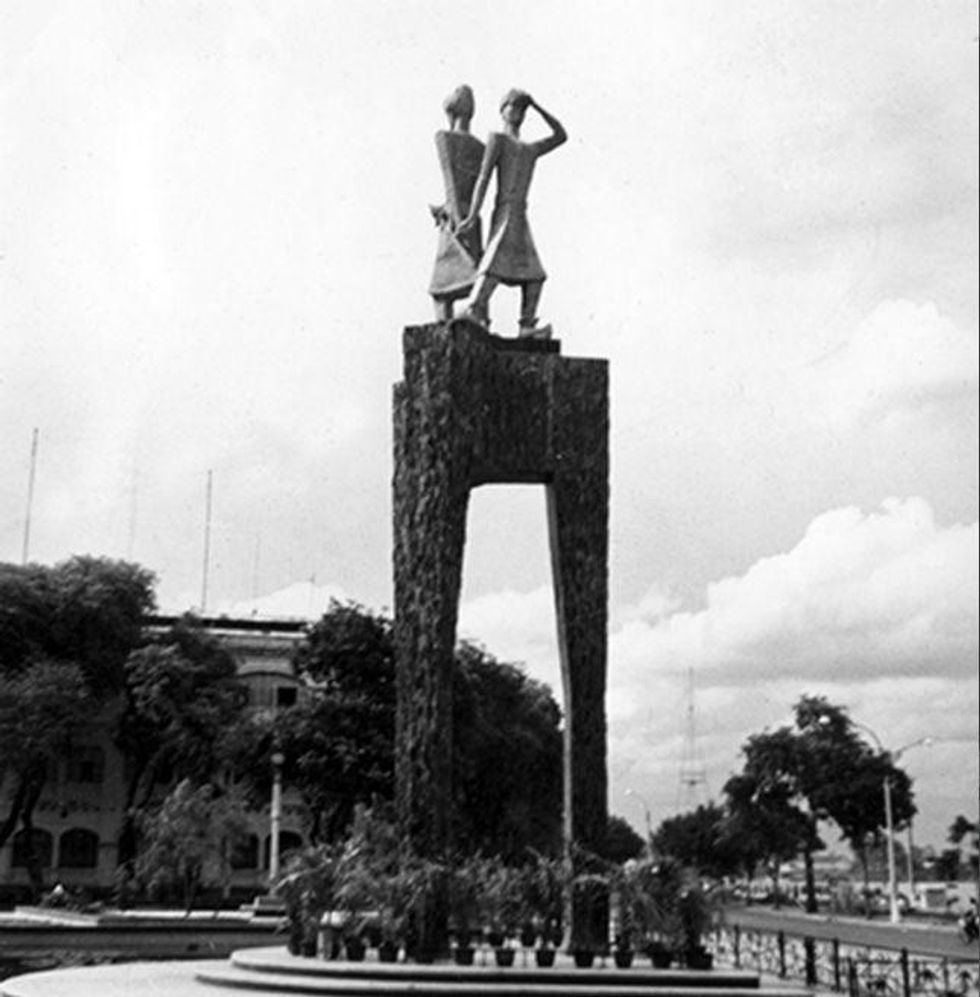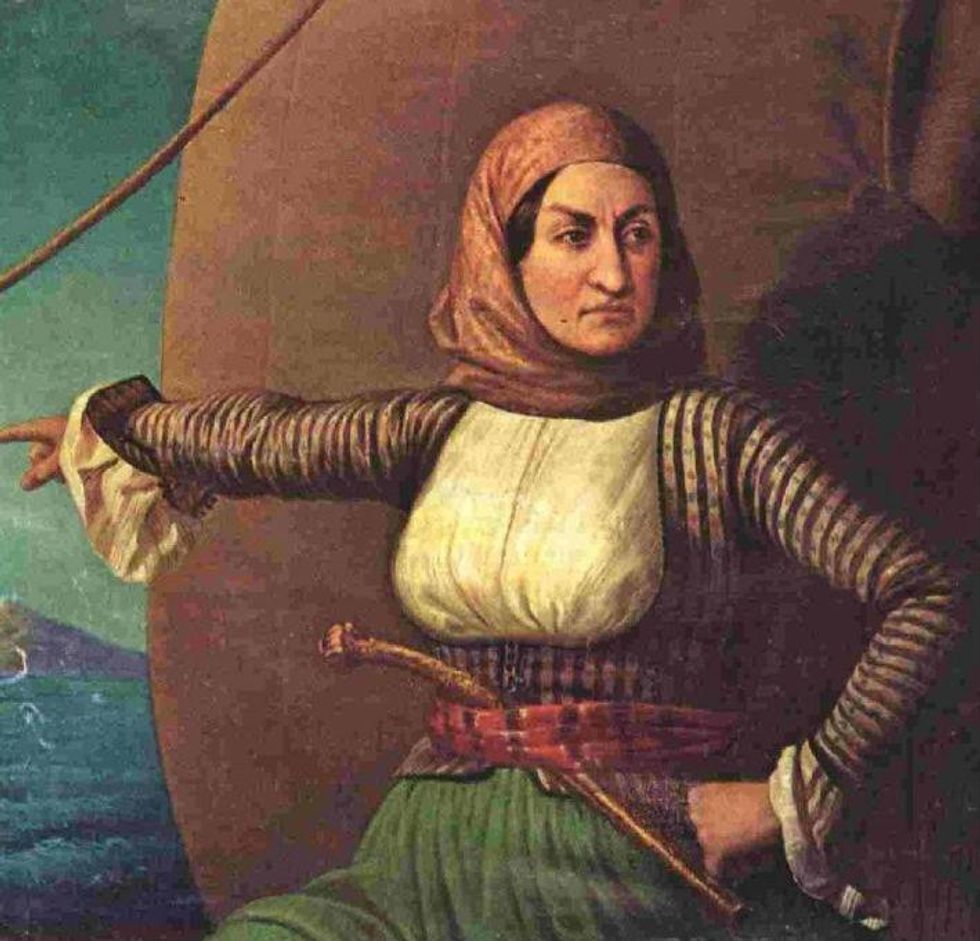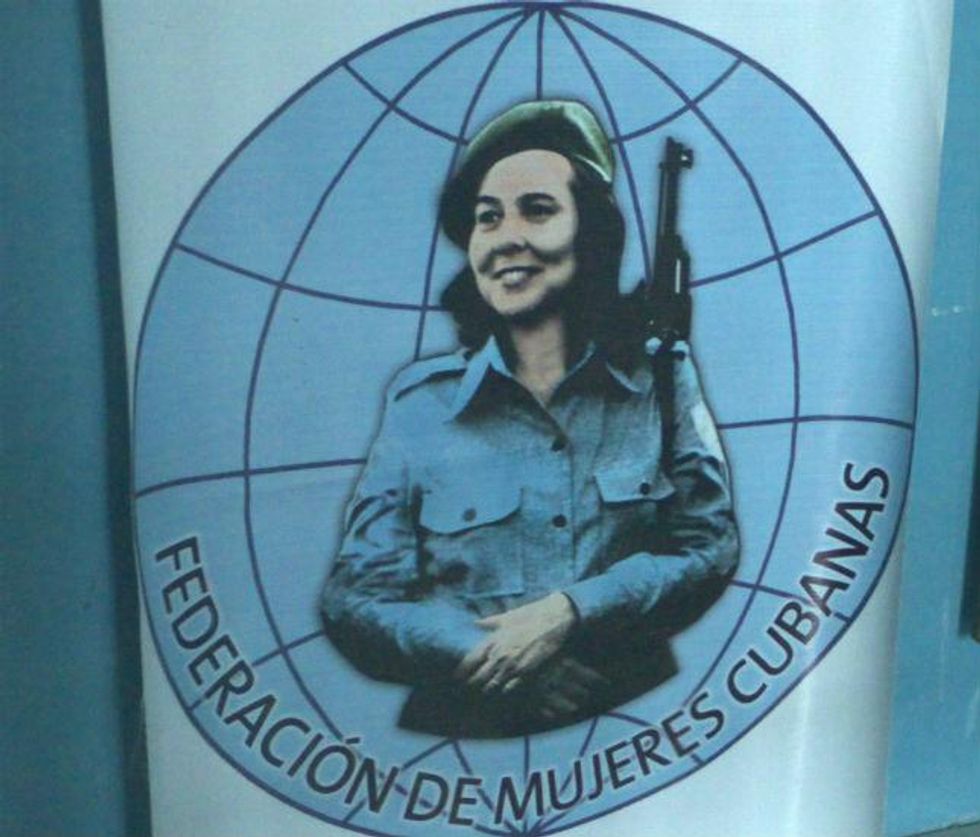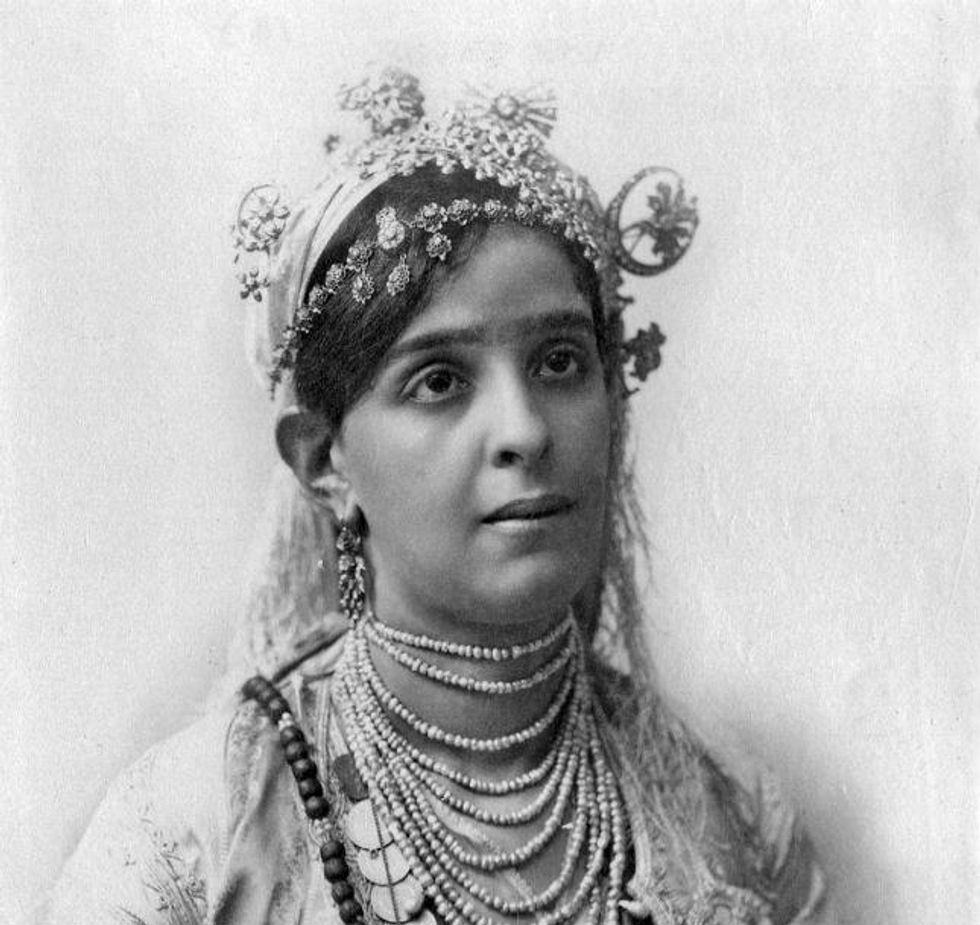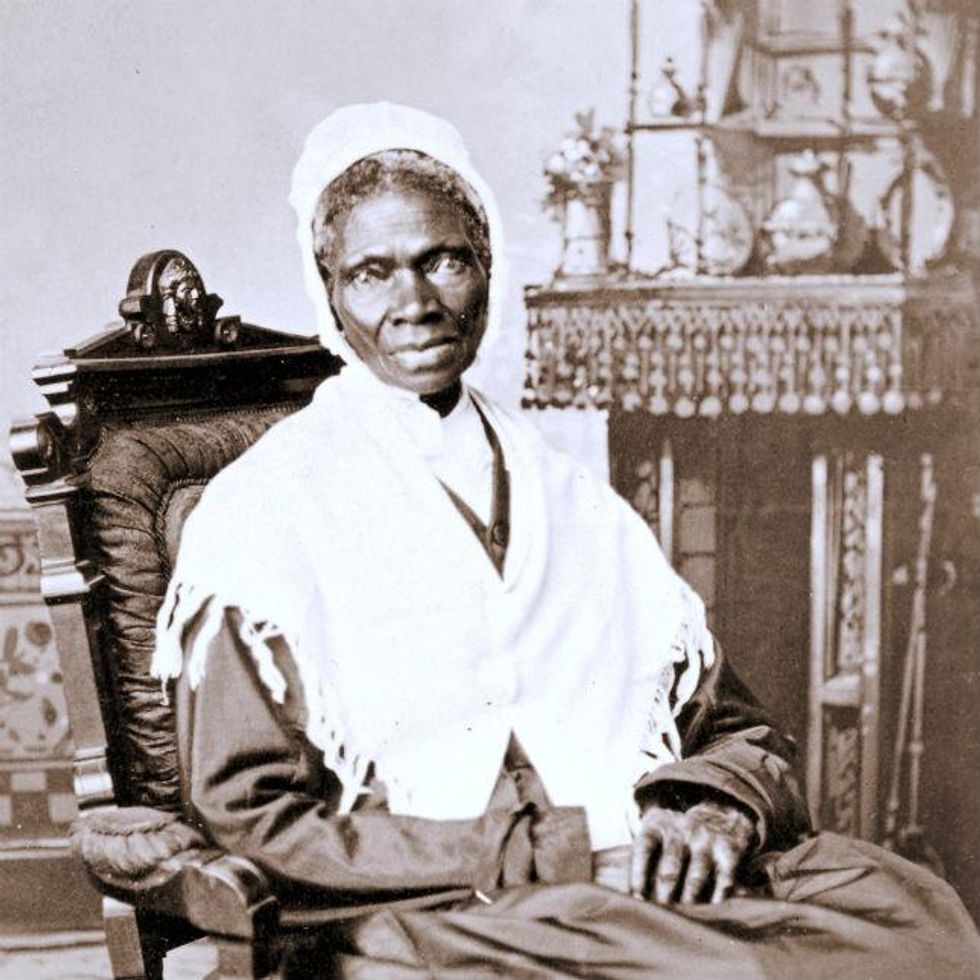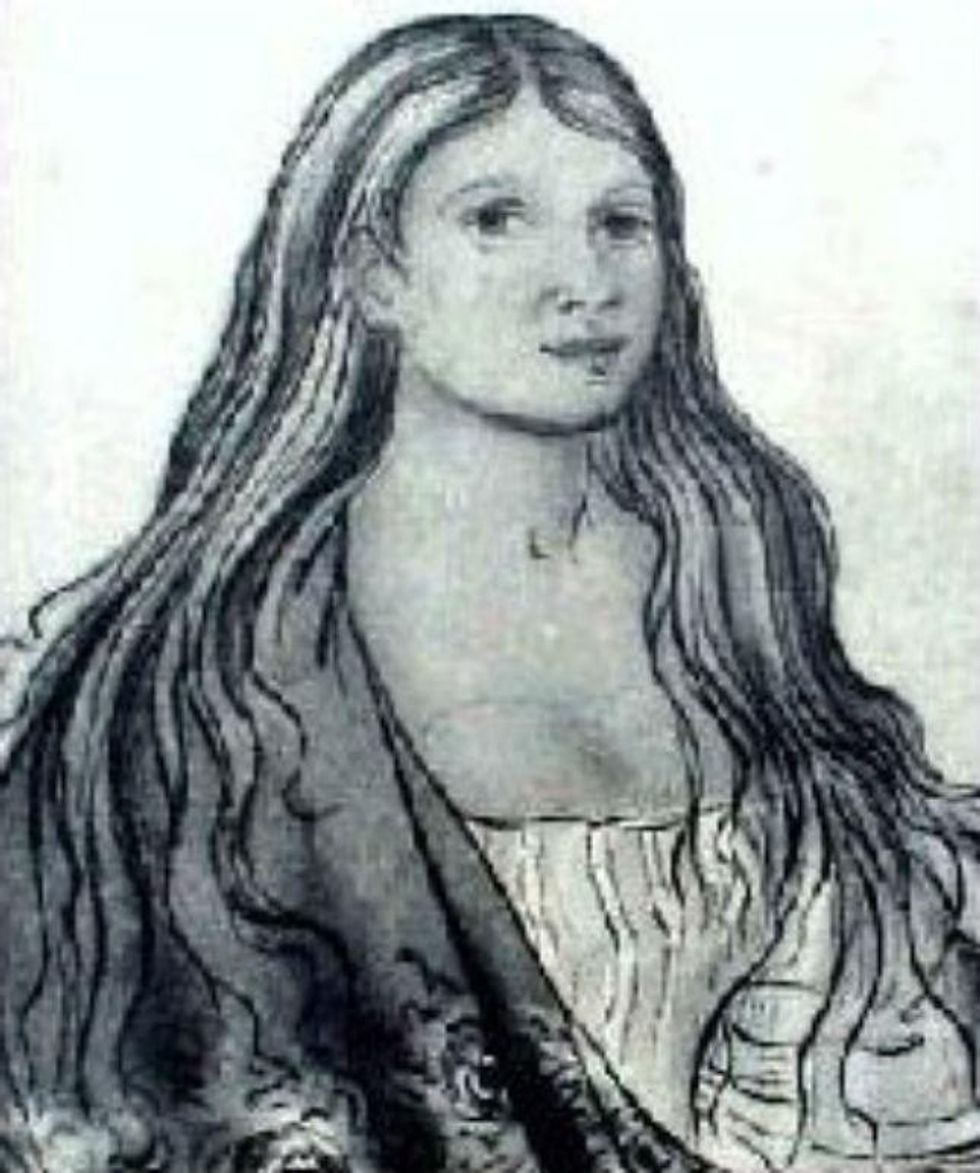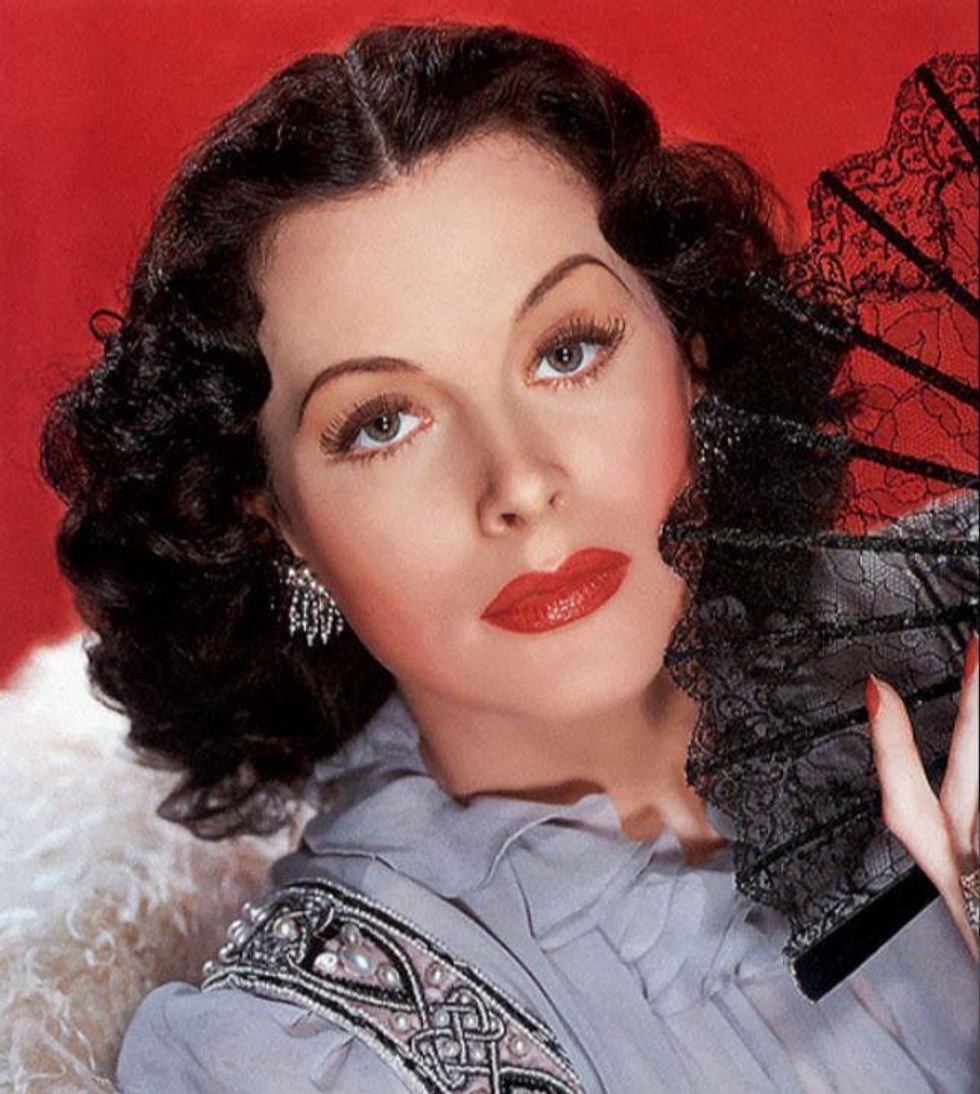News
Narjas Zatat
Apr 10, 2016

Because all too often, women are ignored in history books...
1.Tru’ng Sisters, (c. 12-43 AD)
Trưng Trắc and Trưng Nhị are renowned national heroes of Vietnam. When Trắc's husband was executed by the Chinese during an offensive, they took up arms to fight back, gathering an army of 80,000 people to repel the Chinese invasion. They succeeded in driving the Chinese back for a few years, and ruled the region as queens.
2. Laskarina Bouboulina (1771-1825)
A Greek naval officer, eventually awarded the rank of general, Bouboulina was born in May 1771.
She was instrumental in Greece’s triumph over the Ottoman Empire in the War of Independence. She built four ships, and used her wealth to provide arms and ammunition to the Greeks.
3. Emmeline Pankhurst (1858-1928)
Emmeline and her sisters campaigned hard for female suffrage.
In 1903 she founded the Women Social and Political Union, a non-partisan organisation dedicated to helping women gain the vote.
Infamous for its violence, many of its members engaged in physical altercations with the police, and the sisters were arrested on multiple occasions.
When queried on their methods, she had this to say:
We are here not because we are lawbreakers; we are here in our efforts to become lawmakers.
4. Vilma Espín (1983 - 2007)
When one thinks of the Cuban revolution, Fidel Castro and Che Guavara come to mind. However Vilma was a revolutionary in her own right. A chemical engineer, she fought against the Batista dictatorship in the 1950s and married Raul Castro in 1959.
5. Lalla Fatma N’Soumer (c.1830)
Fatma rallied the indigenous Kabyle people to unite against the French invasion of Algeria.
Although Algeria was eventually colonised by France in 1857 and Fatma is thought to have been arrested and imprisoned by the French, her contribution formed the beginnings of the resistance that would eventually lead Algeria to independence, over 100 years later.
6. Sojourner Truth (1797-1883)
Born into slavery in Ulster County, New York, Truth became the first black woman to win a custody case against a white man, and get her son back.
She subsequently became an abolitionist and an advocator of equal rights for women after the abolition of slavery.
Her famous speech “Ain’t I a Woman?” is still used by women’s rights campaigners today.
7. Ching Shih (1775-1844)
After her husband, pirate captain of the Red Flag fleet, died in 1809, Ching assumed control of the ships to become a pirate queen whose ships prowled the Chinese seas.
Ching united many ragtag pirate fleets under the banner of her red flag, and she was renowned for her brutal code of conduct, including no disobedience on pain of death.
8. Nanyehi (Nancy Ward) (C. 1738-1824)
Nanyehi was a Cherokee woman who rose to the rank of “Ghigau” (war woman) for her role in securing the tribe’s victory in the 1755 Battle of Taliwa.
Nanyehi was an ambassador for the Cherokee tribe, and she was one of few women granted the prestige of being a member of the Cherokee Council, where she was instrumental in making decisions related to peace with the British.
9. Hedy Lamarr (1914-2000)
Born Hedwig Eva Maria Liesler in Austria, she came to be known as one of the most famous and talented actresses of her time.
Lemarr also helped invent a communications system to help fight the Nazis in World War II, and her research would later become the backbone for the creation of telephones and Wifi.
She managed to design an unbreakable code that protected classified messages, and prevented them from being intercepted by enemy communications.
More: The ten most powerful businesswomen in the world right now
More: The 20 best cities in the world for female entrepreneurs
Top 100
The Conversation (0)
